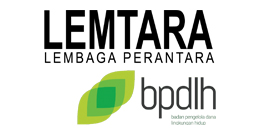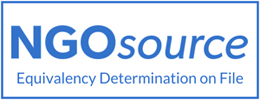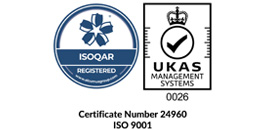Funded by
UNAIDS
Document
–
Budget
USD 60,996.09
Period
March 1, 2021 – October 31, 2021
Description
Capacity building in the context of HIV prevention programmes helps delivers evidence-based interventions more effectively by improving performance and addressing stakeholder needs. For UNAIDS, capacity building creates, expands, or upgrades a stock of desired quality and features that can be continually drawn an over-time. The countries in which progress towards the 90-90-90 target has been most pronounced have found ways to overcome challenges that slow HIV treatment scaleup and worsen treatment outcomes. UNAIDS is committed to working in partnership with the full array of essential stakeholders – including but not limited to national governments; WHO, the Global Fund, PEPFAR and other donors; civil society, including people living with HIV and key populations; the private sector; professional medical groups; and others – to make the 90-90-90 target a reality. Indonesia’s commitment with other countries to take the 90-90-90 fast track approach by detecting infected people in 90% of people who are thought to be infected, providing early antiretroviral therapy (ARV) to 90% of infected people, and being able to reach an undetectable virus in 90% of people taking ARVs. This fast track approach is expected to sharply reduce the number of new HIV infections, in accordance with the achievements of sustainable development or sustainable development goals (SDGs).
Strengthening the HIV treatment cascade is critical as countries strive to meet the newly-set 95-95-95 targets. While these targets emphasize improved identification, treatment, and viral suppression, there are many intermediate steps and critical support interventions that are needed to reach these milestones. It is important to ensure countries are prioritizing interventions that have the greatest impact on strengthening the cascade, and the costs of implementing the interventions. The Ministry of Health has launched a program called STOP (Counsel, Find, Treat and Maintain or Suluh, Temukan, Obati dan Pertahankan in Indonesian language) following the National Action Plan (RAN) for the Prevention and Control of HIV/AIDS and STI for year 2020-2024 as a reference and guideline by stakeholders at the provincial and district levels in charge of the health sector, so as to be able to continue to reduce the number of HIV/AIDS cases in Indonesia.
In an effort to increase the role of civil society organizations (CSOs) in contributing to the achievement of 90-90- 90, Penabulu has been selected by the UNAIDS to carry out a series of activities in the Strengthening the institutional capacity of community implementing partners in 26 priority districts to access, implement and manage grants on key. The activites was started in December 2020 with an organizational rapid capacity assessment conducted to determine the status of CSOs capacity whereafter indicates the gaps and needs of the enhancement of capacity in certain area. This terms of reference explain the aftermath series of capacity building planning and implementation following the results of the rapid organizational capacity assessment bundled with a programme’s name caled Improving Program Acceration and Capacity for CSO towards More Access to HIV Testing and Treatment (impact+).
Funding
This program is supported by UNAIDS with total funding support of USD 60,996.09





